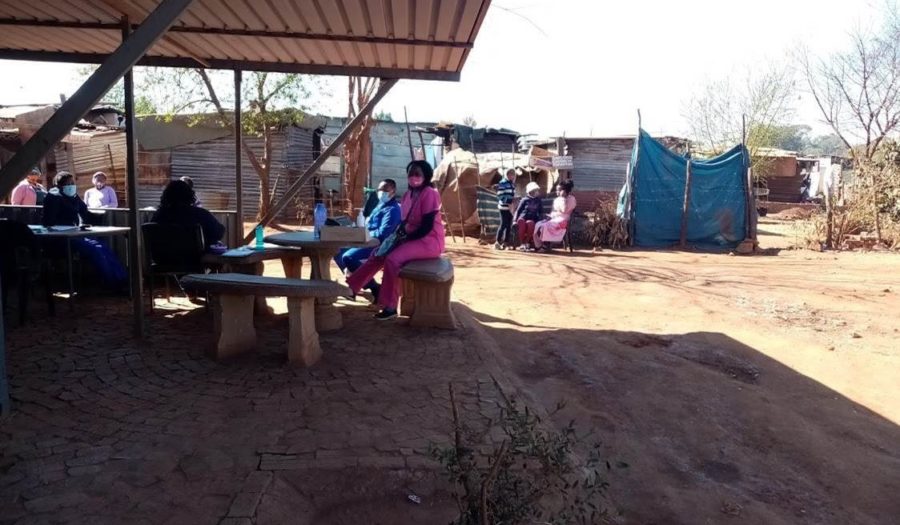Unhealthy eating is one of the main causes of non-communicable diseases (NCDs) such as diabetes, hypertension, stroke, heart diseases, and certain cancers. NCDs rank among the 10 leading causes of deaths in South Africa as reported by Statistic South Africa. Nutrition education is one of the most enduring, effective, and economic interventions to fight malnutrition and food-related diseases through appropriate nutrition knowledge and skills. The WHO Global Action Plan for the Prevention and Control of NCDs 2013–2020 identifies the importance of nutrition education in its recommendation for nation states to ‘Create health- and nutrition-promoting environments. Providing the appropriate levels of nutrition education will enable individuals to make healthy food choices.
Target audience for nutrition education intervention
People of low economic background including adult men and women, young people, and children in Pretoria. We aim to reach at least 10000 individuals in one year.
Project Goal
To contribute to realising the sustainable development goal 3; ensuring healthy lives and promoting well-being for all by increasing the knowledge and skill about healthy eating and lifestyle among the people.
Our Approach
Well Being Africa (WBA) implements nutrition education campaigns through the following means:
- Conducting seminars, talks, and workshops in nutrition education.
- Assessing peoples’ risk for NCD using diet and family history.
- Assessing the peoples’ body composition using the body composition analyser.
- Providing individualised nutrition and lifestyle counselling based on the results of dietary and body composition assessments.

